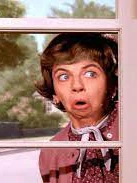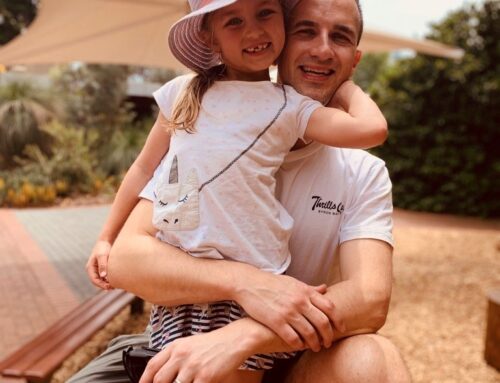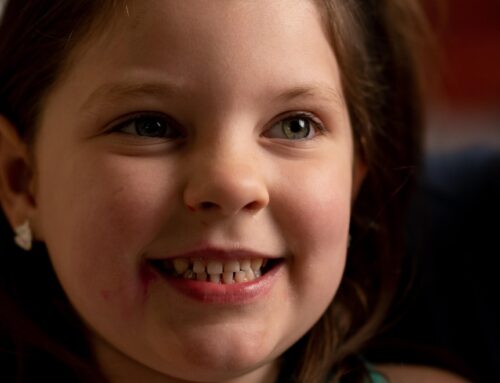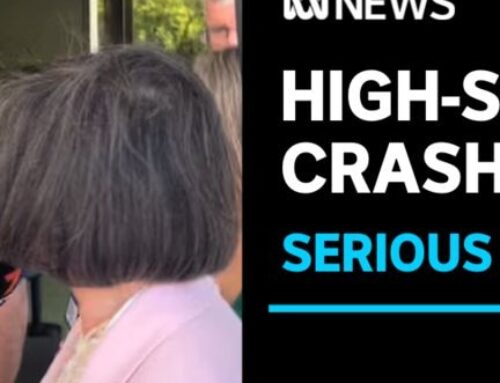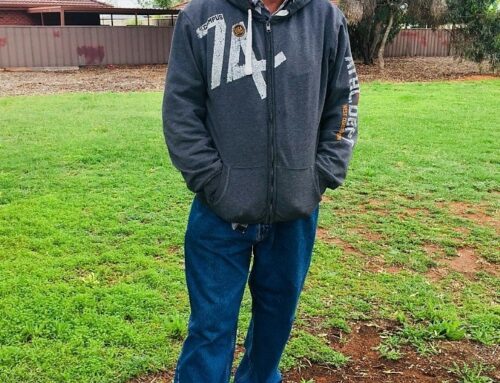South Australians have been urged not to dob in people without masks despite increased requirements because they may have a legitimate exemption under emergency management directions.
Key points:
- Mask-wearing remains mandatory across a variety of settings in South Australia
- The Premier has requested people do not snitch on others
- High School students will be required to wear masks at school for the first time
The state today emerged from its one-week lockdown, but for the first time mask-wearing will be required by adults in schools, and for all students indoors from Year 8 and above, due to the ongoing risk of a COVID-19 breakout.
Masks are also mandatory in indoor public places like shops and bars, personal care settings such as hairdressers and beauty salons, public transport including in taxis and rideshare vehicles, airports and airplanes, health care, and in high-risk settings like prisons and residential aged care.
Loading
Premier Steven Marshall said authorities did not want to see people turn into “Gladys Kravitz from Bewitched”, the nosy neighbour portrayed by Alice Pearce in the 1960s television sitcom.
“We don’t need to be the monitor for everybody’s behaviour here in SA; we’ve got to look after ourselves and our family, our local community,” he told ABC Radio Adelaide.
“There are some very legitimate reasons why some people can’t wear masks.”
Supplied: Andrea Whitrow
)This included people who might have a physical or mental health condition that made wearing a mask unsuitable, including people with obstructed breathing or serious skin conditions.
Other scenarios included people who were:
- communicating with those who were deaf or hard of hearing and visibility of the mouth was essential
- using hearing aids of a style that made regular masks and their ear loops difficult to wear and an alternative was not available
- whose work or education meant clear enunciation was essential, such as teachers, lecturers, broadcasters and call centre staff
- working by themselves in an enclosed indoor space such as an office
- consuming food, drink or medicine
- under the age of 12
- in a bridal party at a wedding during the ceremony and photograph sessions
- lawfully directed to remove their masks for identification purposes
More detailed information can be found on the SA Health website.
“What we’re really looking for is a lot of kindness in SA at the moment,” Mr Marshall said.
“We’ve done really well working together and we can see what happens in other parts of the world where they don’t get this right [and] social cohesion is really tested.”
SA Health was taking a common sense approach to mask-wearing, with beauty therapists, for example, allowed to temporarily remove them to undertake a service like lip waxing, as could people undergoing dental treatment.
Impacts upon deaf people
Growing Space founder and director Sam Paior said a lot of people relied on visual cues to communicate because they may have some hearing loss.
Loading
“I’ve got a hearing loss, and I can always hear better when I can see, so I think it affects a lot more people than we might give it credit for, a lot of older people in the community, for example,” she said.
The disability advocate last year ordered masks with a clear plastic panel at their front to help her communicate with deaf people, or those who are “a lot more confident when they can see what I’m saying”.
Ms Paior said with students now required to wear masks for the first time, some students with disabilities may feel isolated and she hoped educators would utilise the time to teach others a little Australian Sign Language.
“I think we need to remember this is not going to be forever,” she said.
Masks here to stay
Mr Marshall said South Australians should get used to wearing face masks more often in public places because they would be key to relaxing restrictions in the future.
Loading
He said health authorities were especially worried about the ongoing situation in New South Wales, where the spread of the Delta COVID-19 variant continued.
“I could feel a level of complacency coming into SA a few weeks ago and I think this is a massive wake-up call for us.”

